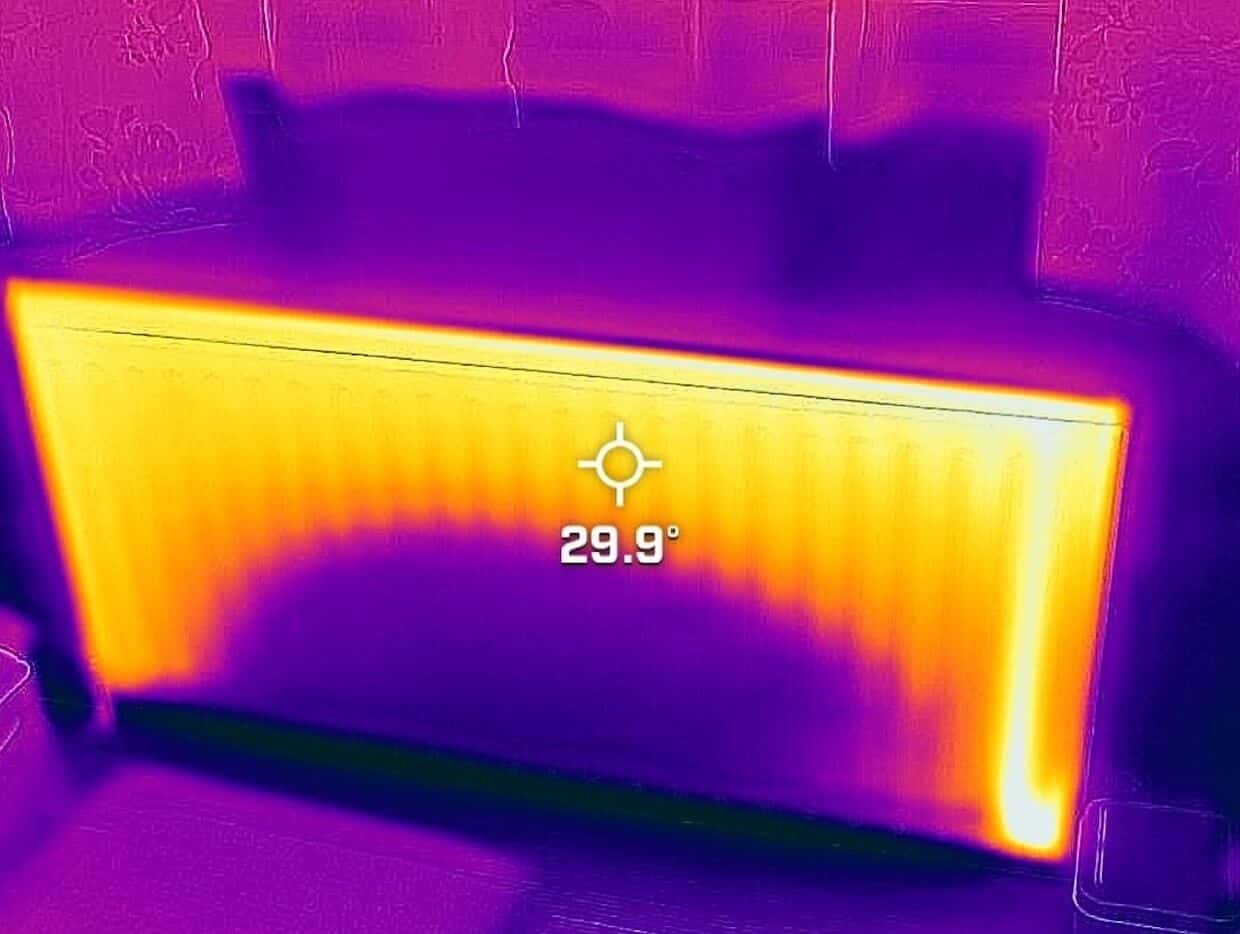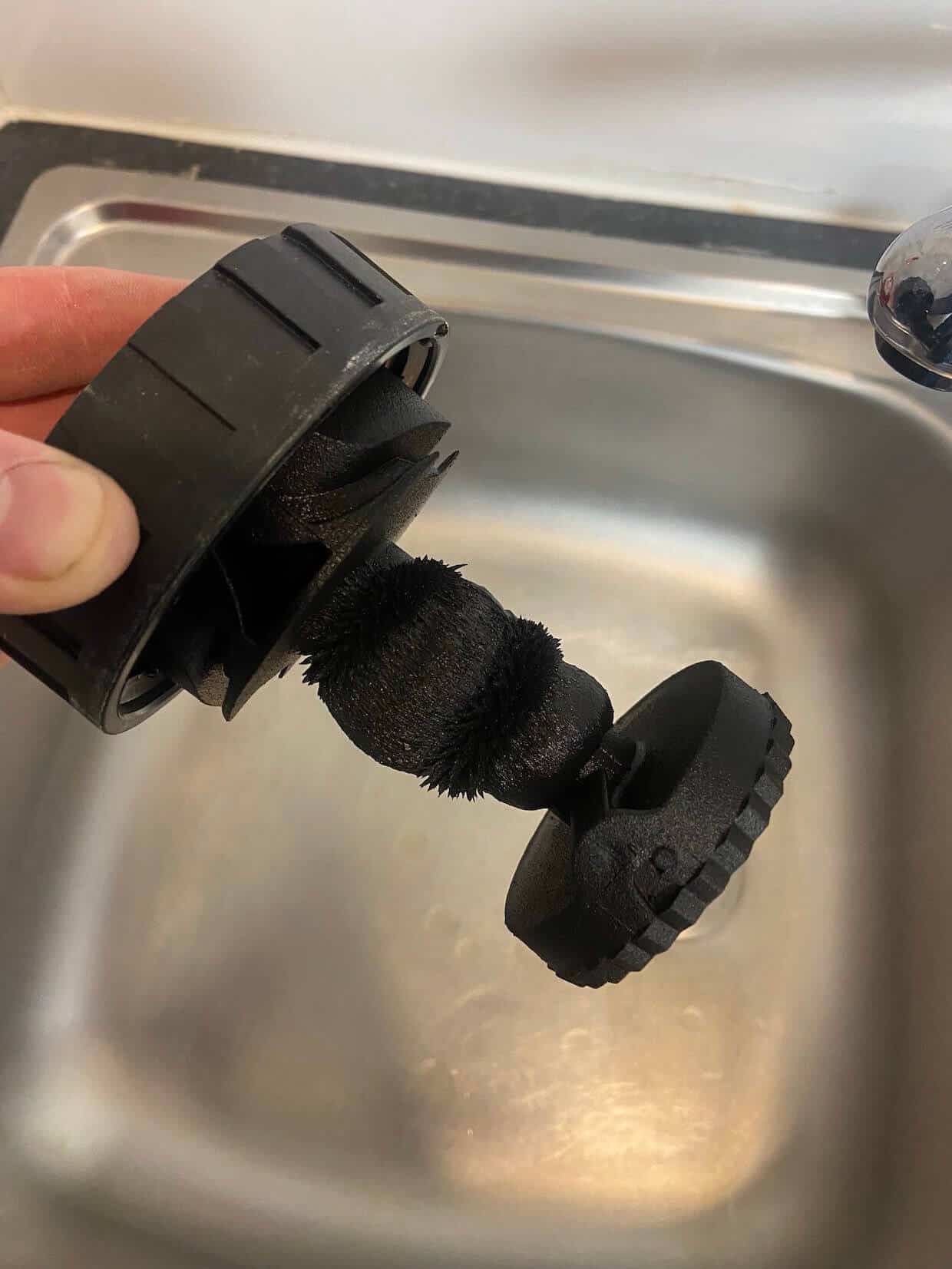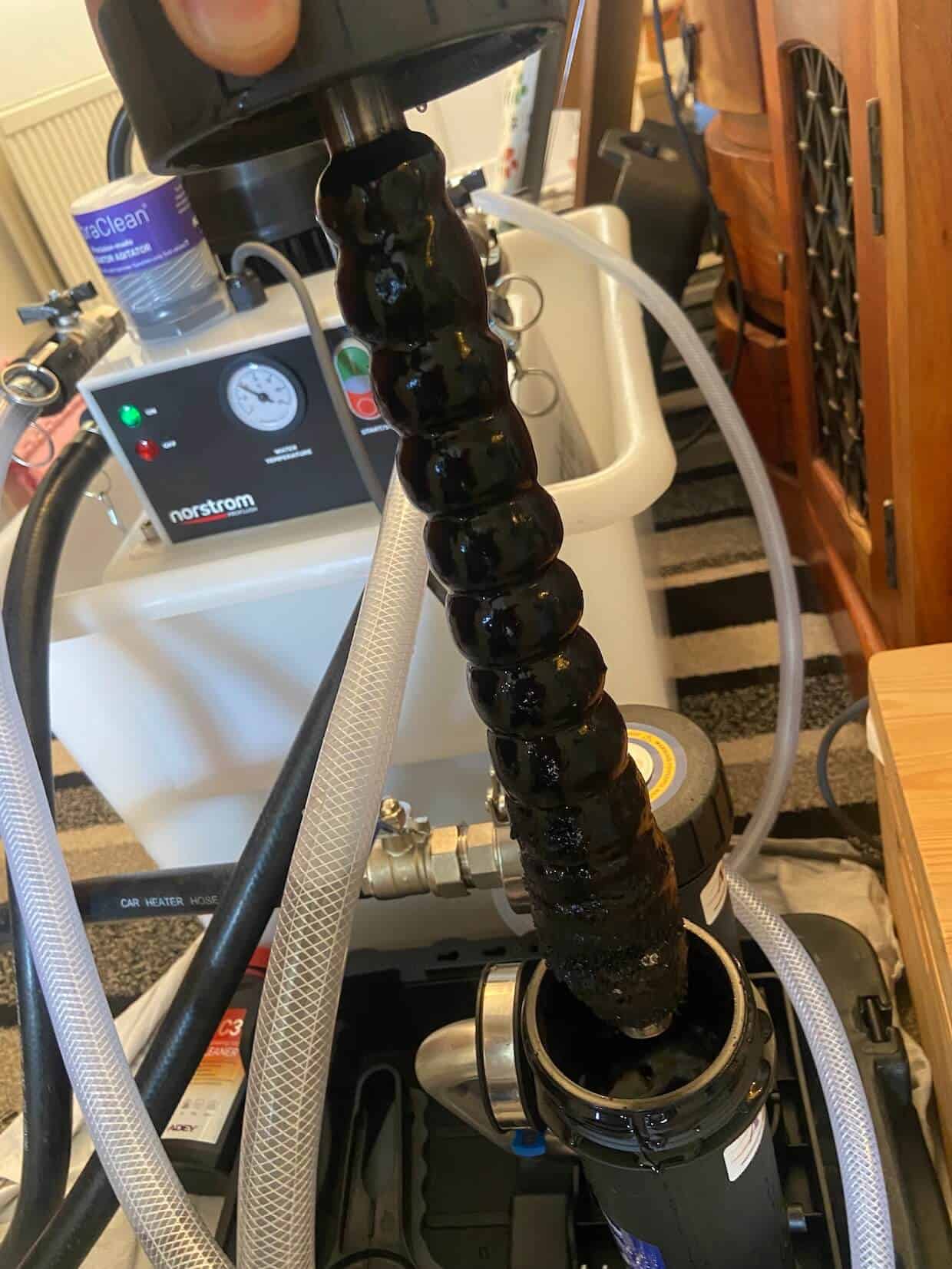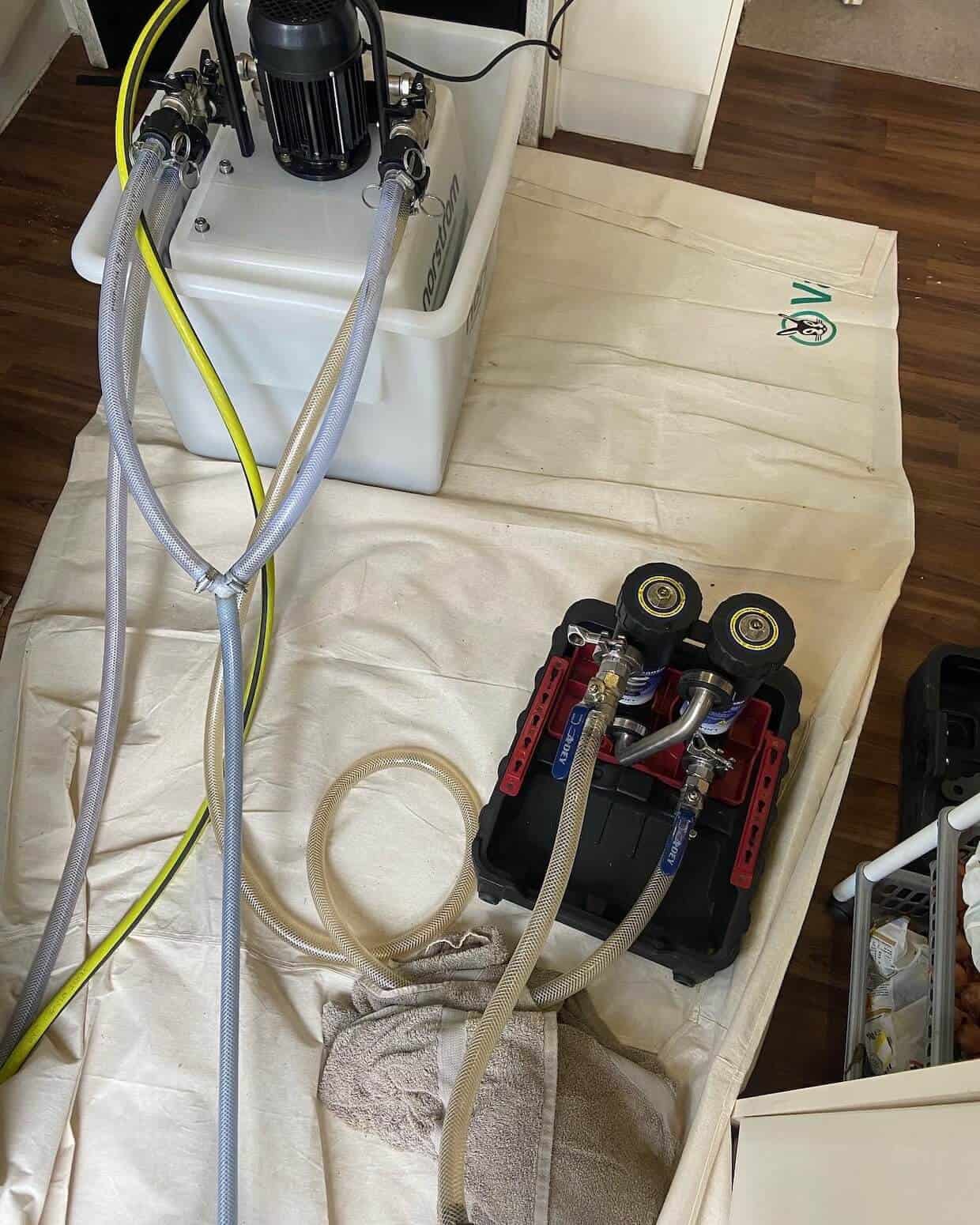
Is Poor Water Quality Costing You Money?
Avoid cold radiators and keep your heating bills down by looking after the water in your central heating system.
If you don’t take action your boiler may struggle to heat your home and have an increased chance of breaking down.
Looking after the water in your heating system.
The water within your heating system needs to be treated to help protect your boiler and heating system.
Poor water quality in a heating system, can reduce efficiency and the reliability. Clean treated water could help towards reducing energy bills by up to 7% and improve radiator output by 4% each year.
It can also help reduce the risk of problems developing within the boiler which could lead to expensive repair bills.
What is the main cause of boiler breakdowns?
Sludge is the main reason why boilers breakdown or radiators start to go cold. The positive news is, you can avoid this easily and effectively.
The oxygen and natural oxidation of the metal components in a heating system such as pipework and radiators create the sludge. This corrosion over a period of time leads to a build-up of fine particles called iron oxide. This eventually gathers creating a black sludge. Once this settles in radiators, the boiler or pipe work it can cause blockages and expensive repairs.
Sludge should I be worried?
In my opinion sludge is your heating systems worst enemy.
It is the number one reason for boiler breakdowns in Britain and something that is not covered in the majority of central heating policies. So, ensuring your heating system
water is clean and treated is vital for an efficient and reliable heating system.
Will my boiler and system be less efficient?
A dirty heating system can lead to a reduced efficiency of boiler and radiators.
As the corrosion builds up on pipework and radiators the boiler has to work harder to heat your home. The more sludge in your system the less heat your radiators will be able to produce. Resulting in a cold radiators and a colder home.
You will then turn the radiators up, the thermostat up and the boiler will be working harder. Burning more gas over a longer period resulting in higher energy bills.
How can I protect my boiler against sludge?
We can’t stop corrosion within heating systems; however, we can take steps to slow the rate of corrosion and protect your system.
If you have sludge in your system, you can get a full system flush. This can be done with a Power-flush machine using magnetic system filters and cleaning chemicals. With radiator agitation and the action of the cleaning chemicals even the toughest of sludge deposits can potentially be removed.
To reduce the risk of sludge building up in a system installing a system filter which can capture the sludge as it travels around your heating system is a worthwhile investment. There are many different brands and sizes of magnetic filters. We can assist you on what is the correct option for your home. These filters should be maintained during your annual boiler service.
Do I need to add chemicals to my heating system?
The correct chemicals can help to improve the health of your heating system.
Use of a chemical inhibitor can help reduce the rate of corrosion, in turn reducing the build-up of sludge in the system.
The correct dosage of chemicals used in conjunction with a system filter will help to ensure your heating system works as efficiently as possible.
Cleaning chemicals can be used during the cleaning process to breakdown heavy deposits of sludge and system corrosion.
Is time to protect your heating system from sludge?
A reliable and efficient central heating system is dependent on the quality of the water within it.
We can help get your system clean and keep it that way.
Give us a call on 01506243550 or get in touch via our contact form.





